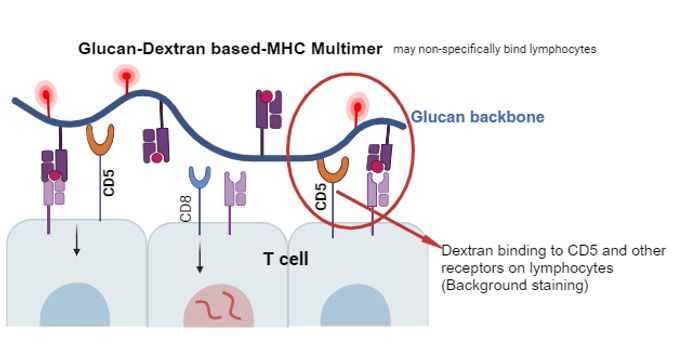Can we use our own bacteria to fight cancer?
New research highlighted recently in Nature explores the ways that bacteria in tumors could be targeted to trigger immune reactions against tumors. The study has significant implications for immunotherapy, a type of cancer treatment that taps into the patient’s immune system to fight the cancer. While immunotherapies have offered an alternative or complementary option to treat cancer, improving overall recovery rates for many, they still face serious limits because only a relatively small percentage of patients respond to the treatment.
For example, in melanoma cases, only about 40% of patients respond to immunotherapy, explains Professor Yardena Samuels from the Molecular Cell Biology Department at Weizmann Institute of Science. Samuels says that molecular "signposts," such as protein fragments, or peptides, on the cell surface, are known to be potential added targets for immunotherapy – she and her colleagues wondered if other signposts existed, too.
In looking for said signposts, the researchers investigated the bacteria in tumors. The team analyzed tissue samples from 17 metastatic melanoma tumors derived from nine patients and after conducting a HLA-peptidomics, they identified 300 peptides from 41 different bacteria on the surface of the melanoma cells. The presence of the peptides on HLA protein complexes means that the immune system can “see” them and provoke an immune reaction.
“Using HLA peptidomics, we were able to reveal the HLA-presented peptides of the tumor in an unbiased manner," says co-author Dr. Shelly Kalaora. "This method has already enabled us in the past to identify tumor antigens that have shown promising results in clinical trials."
The discovery of this new interaction between the immune system and the tumor sheds light on the ways that the gut microbiome influences who responds to immunotherapy (given that some of the bacteria detected were gut microbes).
"Our findings suggest that bacterial peptides presented on tumor cells can serve as potential targets for immunotherapy," Samuels concludes. "They may be exploited to help immune T cells recognize the tumor with greater precision so that these cells can mount a better attack against the cancer. This approach can in the future be used in combination with existing immunotherapy drugs."
Sources: Nature, Eureka Alert








